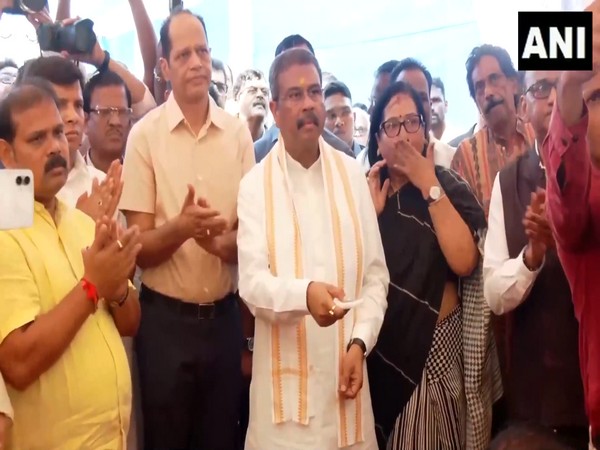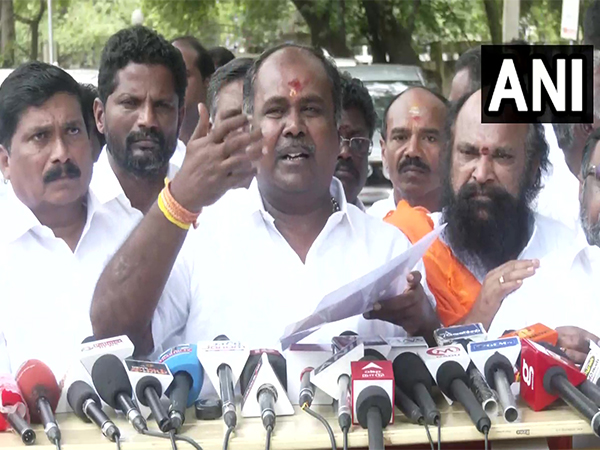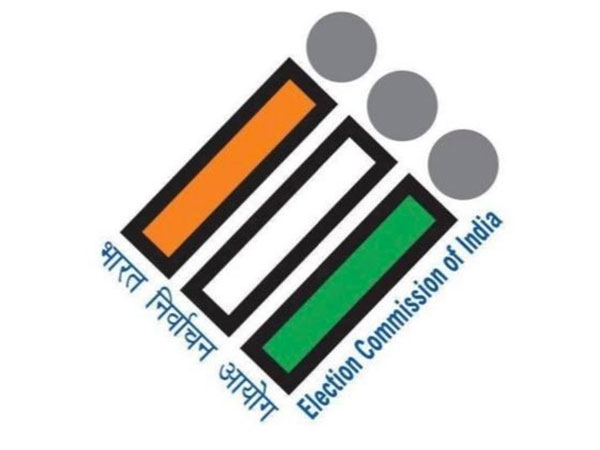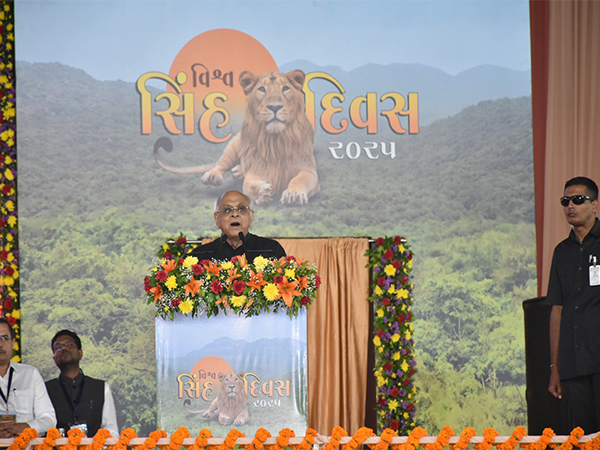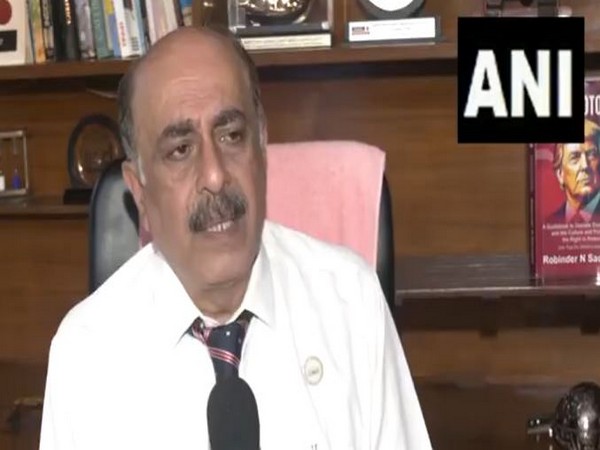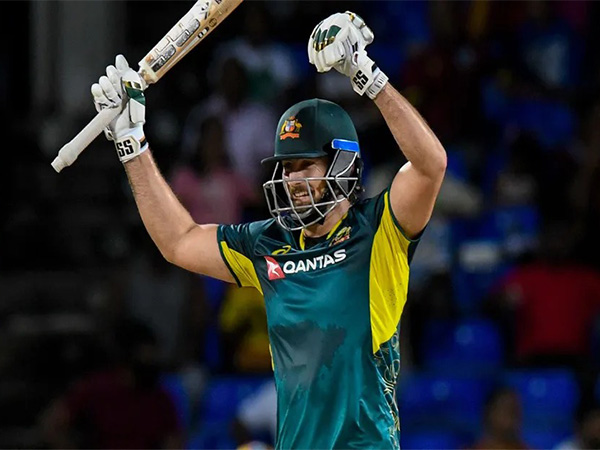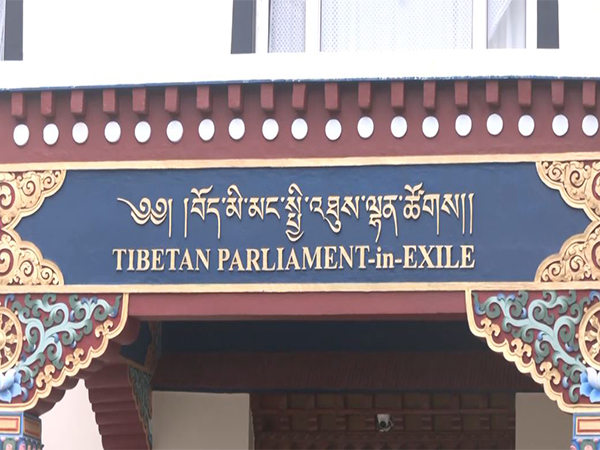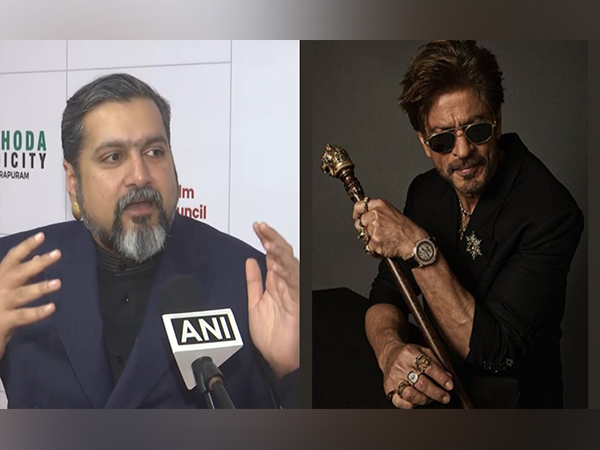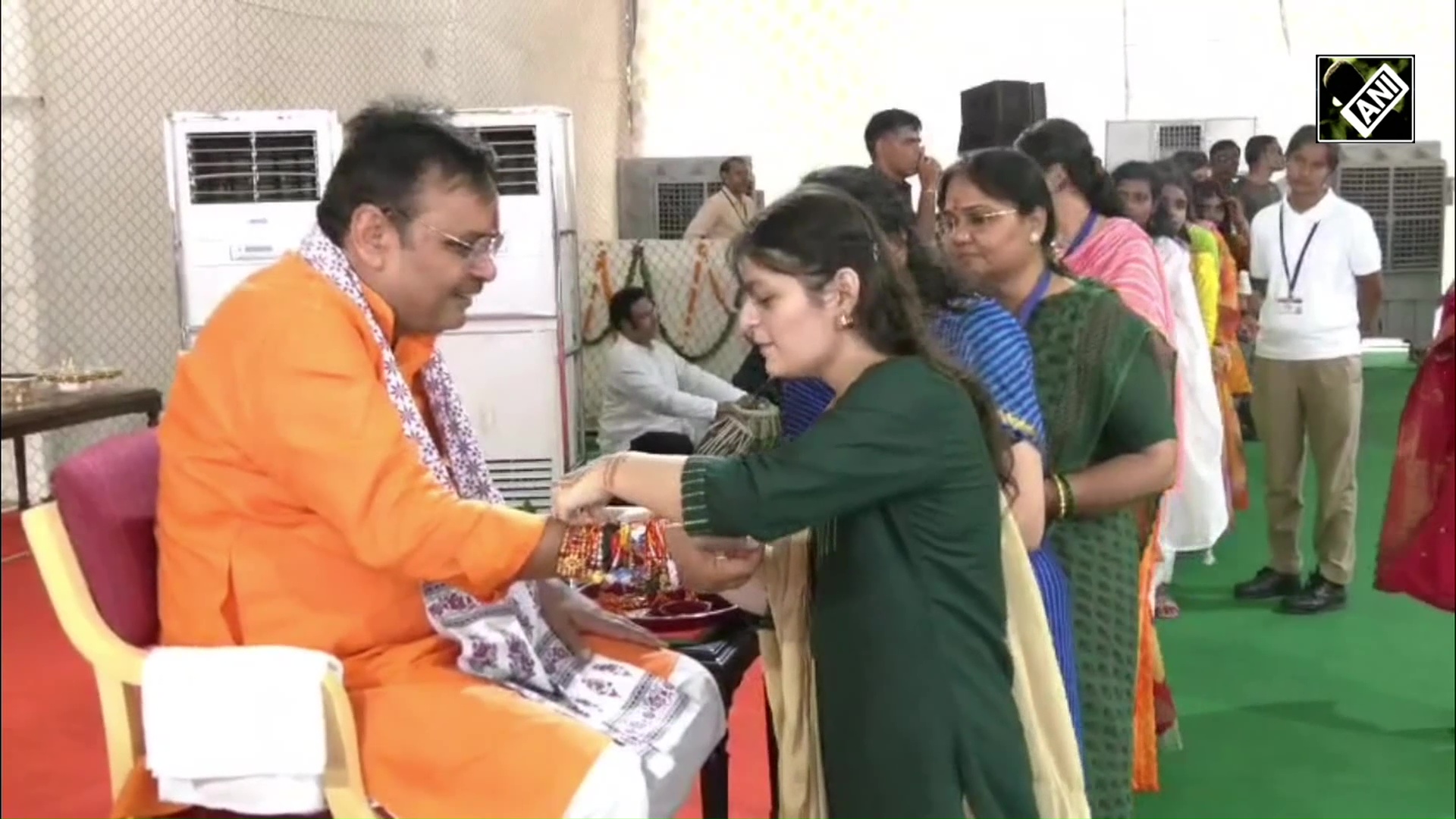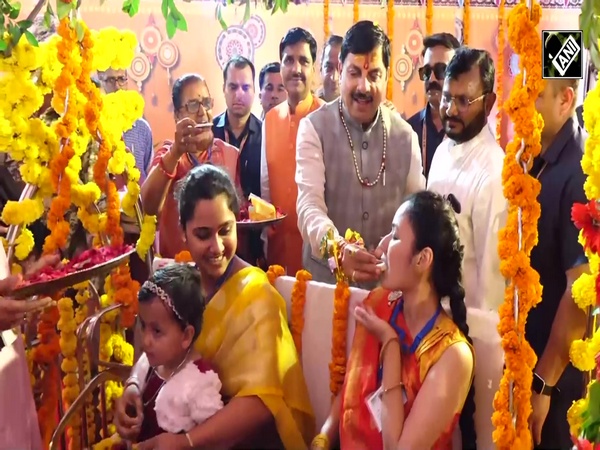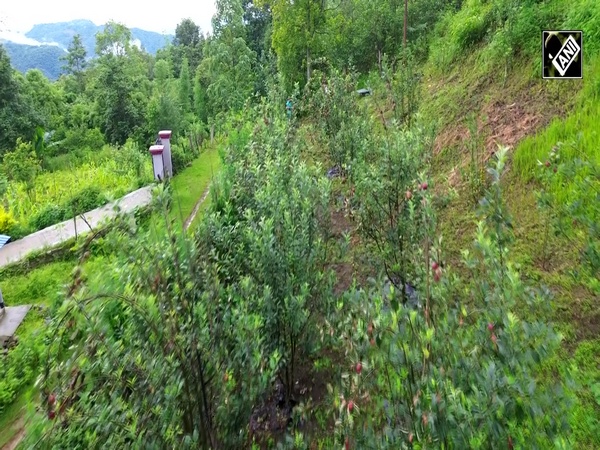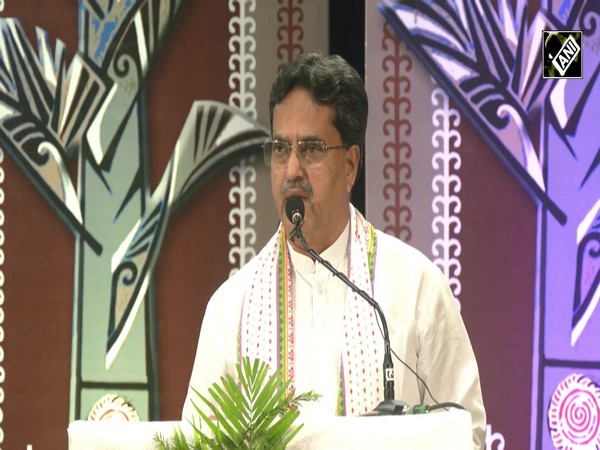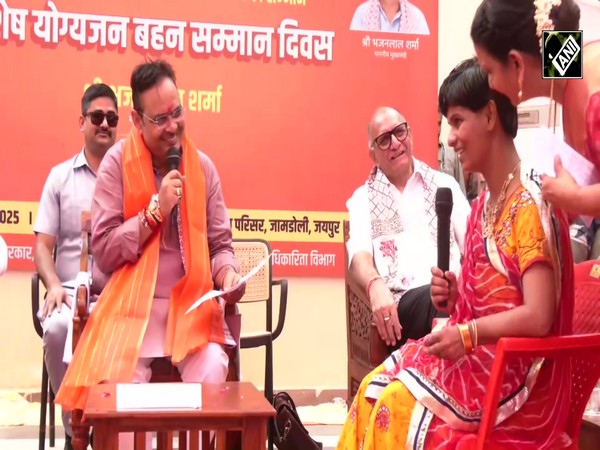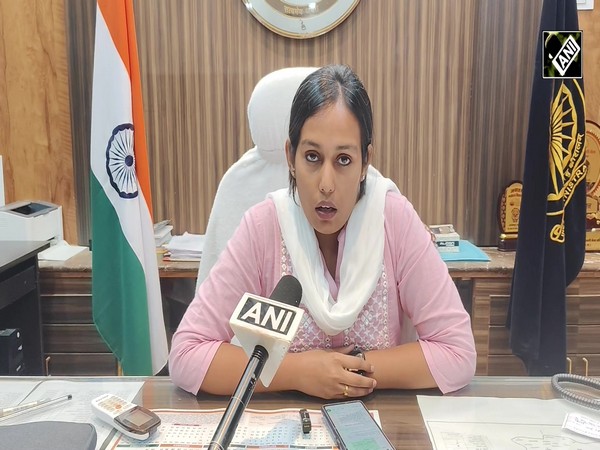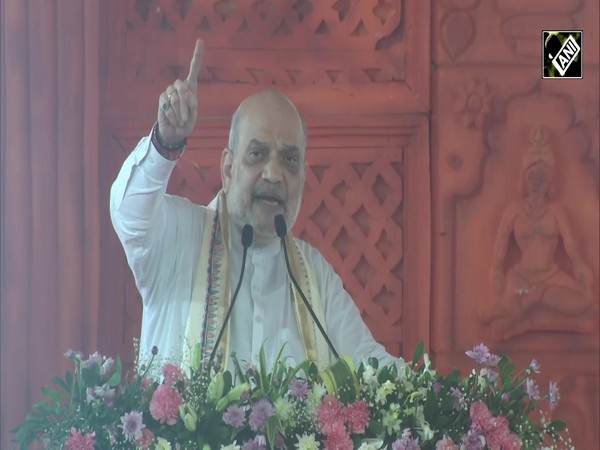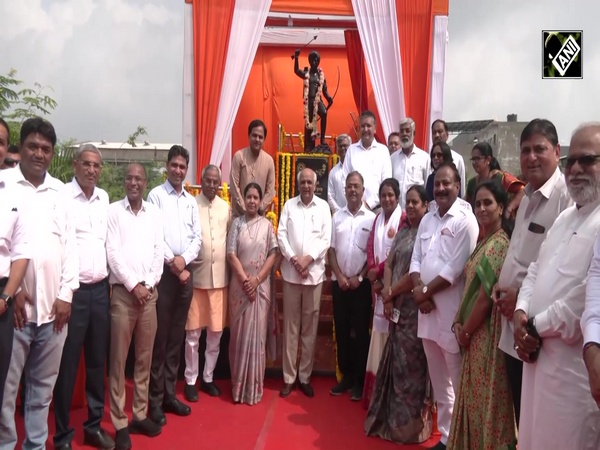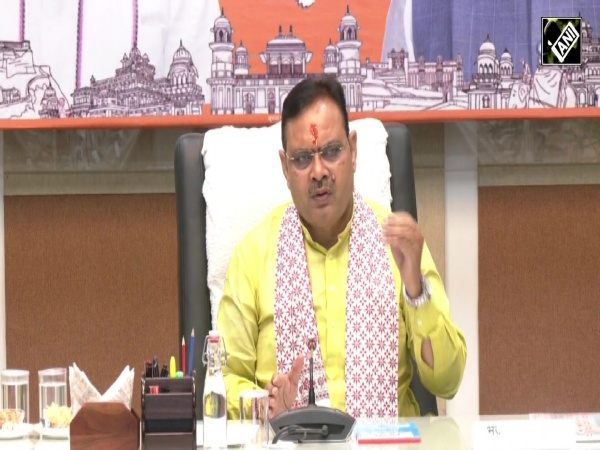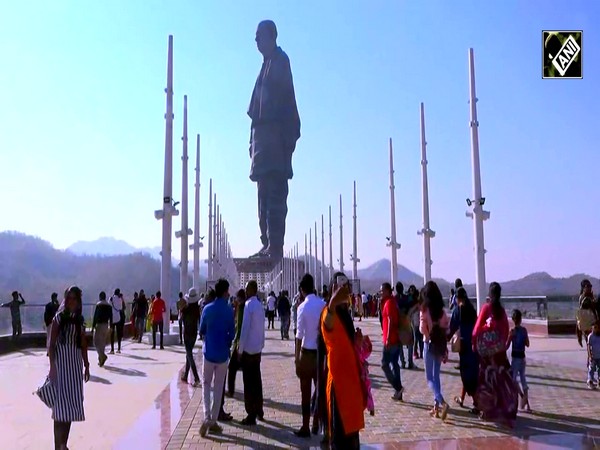Locals, doctors credit joint efforts for Dharavi getting praise from WHO for tackling COVID-19
Jul 11, 2020

Mumbai (Maharashtra) [India], July 11 : With World Health Organization (WHO) praising the efficient COVID-19 management in Mumbai's Dharavi, one of the largest slums in the world, local medical practitioners and the administration have said that results have been achieved due to work done in collaboration by various organizations.
Dr Ayazuddin Farooqi, a physician who has been practising for 27 years in Dharavi, said that he was proud of the praise showered by the WHO. He said that the credit should be shared between the Brihannmumbai Municipal Corporation (BMC) and local practitioners.
"We have been working very hard to get these numbers down. At the start, it was very difficult to manage patients as the numbers were quite high. But the local doctors of Dharavi got together with BMC and worked hard. Sometimes it was not possible for us to screen all the patients so we communicated (about) the symptomatic patients to BMC directly," he said.
Nasim Bano, a local resident, thanked the doctors from the area and BMC for spreading awareness and helping the patients during the crisis.
"We did not even know what coronavirus is, we did not have any idea what to do. As the cases kept rising we were informed by the authorities to maintain social distancing and follow other guidelines. Despite having small houses, we tried our best to take all the possible measures to protect ourselves from the disease. We thank the government for helping us," Bano said.
Shiv Sena MP Rahul Shewale, who had spent his initial years in Dharavi, said he feels very proud that WHO has recognised the work done in the constituency.
"The local representatives, health workers, BMC, police, NGOs all have played a part in this. It wasn't an easy challenge. When the case was reported first in the month of April, we made an action plan and took all the measures with the support of state government," Shewale said.
"Private doctors have also played a big part by referring cases to the BMC and working day and night. The migration of workers during the later phases of lockdown also played a big role as it led to the pressure on health workers decreasing to a great extent," he added.
Shewale also said that they had taken care to assure that arrangements of rations for all the poor and needy in the region were made and screening of lakhs of people in 10 days was carried out.
The World Health Organisation (WHO) praised the efforts taken to contain the coronavirus in Mumbai's Dharavi while saying that only aggressive action combined with national unity and global solidarity can turn this pandemic around.
"There are many examples from around the world that have shown that even if the outbreak is very intense, it can still be brought back under control," said Tedros Adhanom Ghebreyesus, WHO DG.
"And some of these examples are Italy, Spain and South Korea, and even in Dharavi - a densely packed area in the megacity of Mumbai - a strong focus on community engagement and the basics of testing, tracing, isolating and treating all those that are sick is key to breaking the chains of transmission and suppressing the virus," the UN health body chief said.
